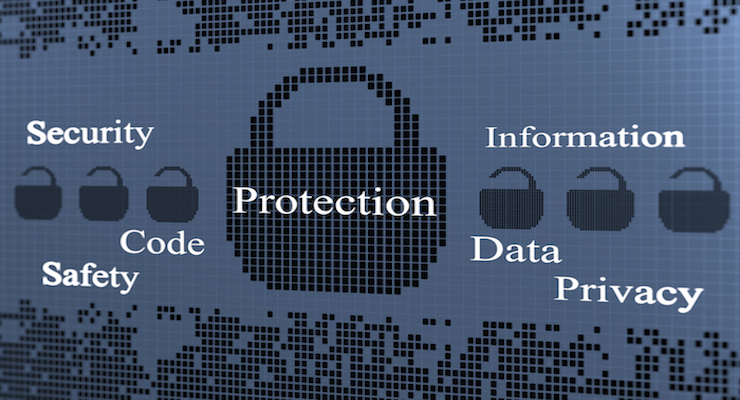
You’ve created a password that is so complex that even your husband could never guess it, but somehow, you’re receiving alerts that it’s been compromised. When you’re the victim of a password breach on a personal account, it can be scary, but even more terrifying is a breach of your business accounts. With the majority of entrepreneurs operating portions of their business digitally, accounts and data must be secure. With hackers becoming so advanced, how can you make your passwords secure enough to keep them out?
- Invest in IT support
You might not be an expert in cyberthreats, but IT professionals are. A small investment in IT support teams like Techware Corporation will go a long way in protecting your business and its sensitive data. They can help you create highly effective password systems, drastically reducing the risk of a password breach. They will also be able to monitor your accounts for any suspicious activities, giving you the chance to change passwords or strengthen your security systems.
- Choose stronger passwords
While this might be an obvious one, compromised passwords are currently responsible for 81% of hacking-related breaches. It never hurts to be extra cautious, especially when it comes to your business accounts. Using similar passwords for your accounts makes them easier to remember, but you should aim to avoid this. If there is a breach of one of your passwords, it will be easier for hackers to access your other accounts. Choose complex passwords that have a combination of letters, numbers, and symbols, and use different passwords for each account.
You might need to store passwords somewhere to help you remember them, but it’s better to do that than leave yourself vulnerable. Choose especially complex passwords for accounts that contain sensitive information, such as your online banking and email accounts.
- Use a password manager
A password manager will allow you to store hundreds of complex passwords in one interface. The great thing about a password manager is that you only need one password to log in, and from there, you can log into all your other accounts. Password managers can create passwords for your accounts that are so complex that they are virtually uncompromisable.
Using a password manager means you will only need to memorize one password, but you better make it a good one. It’s important to note that although all your accounts will be secure if a cybercriminal hacks your password manager, they can access everything. For that reason, you should update your master password frequently.
- Multi-step verification
Enable multi-step verification on any accounts (especially business accounts) that contain sensitive information. Multi-step verification essentially means there are multiple steps needed to verify your identity. The first step is always entering your password. Typically, the second step involves entering a temporary code that you will receive via email or text. Some accounts will allow you to use both a text and email code to verify your identity. Using multi-step verification is a bit inconvenient, but it ensures that your accounts are protected.
















